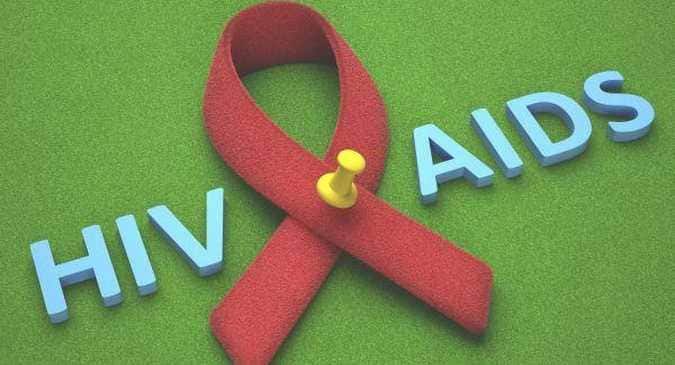Dr Gambo Aliyu, Director – General, National Agency for the Control of AIDS (NACA) says 84 per cent of the 1.7 million People Living with HIV/AIDS (PLHIV) in Nigeria are virally suppressed.
Aliyu said this at a press conference as part of activities to commemorate the 2021 World AIDS Day (WAD), with the theme: “End Inequities, End AIDS, through sustainable HIV financing in Nigeria,” on Wednesday in Abuja.
The World AIDS Day is marked on Dec. 1, every year since 1988, to raise awareness on the AIDS pandemic caused by the spread of HIV infection and mourn those who have died of the disease.
The director general said that Nigeria had recorded significant progress in the war against HIV/AIDS over the last few years.
“A recalibration of the HIV epidemic showed a significant decline in HIV prevalence from 5.8 per cent in 2001 to 1.3 per cent in 2018.
“Presently, it is estimated that 1.7 million people live with HIV in Nigeria, of which 90 per cent are aware of their HIV status, 96 per cent are on treatment while 84 per cent are virally suppressed,” he said.
The NACA boss expressed satisfaction over the progress made in the fight against HIV/AIDS, saying that the country’s response was in the last mile of epidemic control.
He reiterated the call for sustainability, which was crucial in achieving a HIV-free Nigeria.
Aliyu also advocated a stronger synergy between government and non government actors to champion the course of ensuring epidemic control and sustainability.
According to him, ensuring states ownership of AIDS remains on the political agenda in order to overcome all barriers that prevent access to services, create an enabling environment that promotes equal access.
He also stressed the need to safeguard the rights of PLHIV and hold decision makers and implementers accountable.
Aliyu explained that never married individuals, all typology of the key populations and new infections were the drivers of the epidemic as shown by Integrated Biological and Behavioural Surveillance Survey (IBBSS).
Dr Erasmus Morah, Country Director, UN Joint Action on AIDS (UNAIDS) emphasised the imperatives of tackling inequalities in the fight against HIV/AIDS.
Morah described tackling inequalities as central to ending AIDS to advance the human rights of key populations and people who are living with HIV.
“Tackling inequalities is a long standing global promise, the urgency of which has only increased.
“It Make Societies better prepared to beat COVID-19 and other pandemics and support economic recovery and stability,” he said.
The country director regretted why the world missed the 90 90 90 targets and called for urgent transformative action to end social, economic, racial and gender inequalities.
He, however, commended Nigeria for being part of the promise made at the 2021 UN General Assembly where political declaration was endorsed with President Muhammadu Buhari’s, resolve to adopt commitments.
He disclosed that the government of Nigeria has commenced incremental payment for the treatment of Nigerians living with HIV using domestic resources.
Dr Akudo Ikpeazu, Director, National AIDS and Sexually Transmitted Infections Control Programme (NASTICP), Ministry of Health, said that 57, 280 children between the ages of 0 to 14 were undergoing treatment in the Nigeria.
According to her, 55,105 males and 1,021,041 females adults from ages 15 above are under treatment in the country.
Mr Abdulkadir Ibrahim, National Coordinator Network of People Living with HIV/AID in Nigeria (NEPWHAN) called for interventions for children living with HIV/AIDS in Nigeria.
Ibrahim who lauded the American government and other international donors for their financial assistance, urged for an internal funding and financing for HIV responses.








